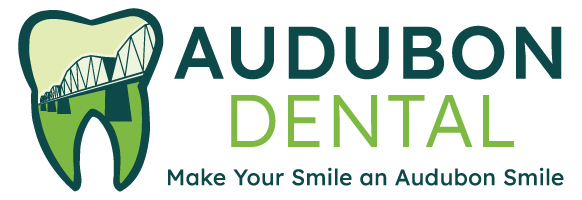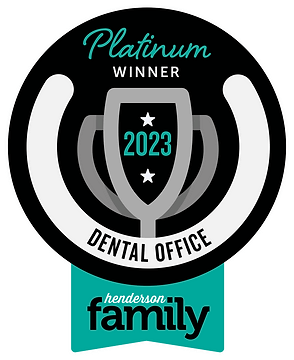The Connection Between Sleep Apnea and Your Oral Health
Imagine waking up each day feeling groggy and unrefreshed, all because your body is struggling to breathe while you sleep. This scenario is all too common for individuals suffering from sleep apnea, a disorder that disrupts restful slumber and has far-reaching effects. The awareness of sleep apnea’s impact on overall health is growing, yet its connection to oral health remains a lesser-known aspect.
Research shows that sleep apnea significantly influences various dental issues, leading to problems such as tooth decay and gum disease. The lack of oxygen during sleep can alter oral environments, making them more susceptible to harmful bacteria and inflammation. Understanding these dental implications is crucial for those affected by sleep apnea to proactively manage their oral health.
What is Sleep Apnea?
Sleep apnea is a sleep disorder where breathing repeatedly stops and starts during sleep. The most common type is obstructive sleep apnea (OSA), caused by the relaxation of the soft tissue in the throat, leading to airway obstruction. This condition often results in loud snoring, disrupted sleep, and daytime fatigue.
People with sleep apnea may experience morning headaches, dry mouth, and difficulty concentrating. If untreated, sleep apnea can lead to serious health issues such as high blood pressure, heart disease, and diabetes. The risk factors include obesity, a family history of sleep apnea, and airway obstructions.
Effective treatments for sleep apnea include lifestyle changes, oral appliance therapy, and positive airway pressure devices. Oral appliances are especially helpful in repositioning the jaw to keep the airway open during sleep.
The Impact of Sleep Apnea on Dental Health
Sleep apnea can significantly affect your oral health. Frequent mouth breathing, a common symptom of sleep apnea, often leads to dry mouth. This condition reduces saliva flow, which is essential for neutralizing acids and cleaning teeth, increasing the risk of tooth decay and other oral health issues.
Tooth Decay
The dry mouth associated with sleep apnea reduces saliva production, which is crucial for removing food particles and protecting against bacteria. Without adequate saliva, teeth are more susceptible to cavities and wear.
Gum Disease
Gum disease, or periodontal disease, is another concern for those suffering from sleep apnea. Reduced saliva and frequent mouth breathing can lead to the accumulation of plaque, heightening the risk of inflammation and gum disease. Early detection and treatment are vital to prevent severe oral health issues.
Symptoms of Sleep Apnea Related to Oral Health
Sleep apnea, particularly obstructive sleep apnea, can have significant effects on your oral health. The common symptoms and consequences of this sleep disorder directly impact dental health, increasing the risk of tooth decay and periodontal disease. Recognizing these signs is crucial for early intervention and treatment.
Persistent Snoring
Persistent, loud snoring is a hallmark symptom of obstructive sleep apnea. This occurs when the soft tissue in the airway vibrates due to partial obstruction. Snoring not only disrupts sleep quality but can also lead to mouth breathing, which adversely affects oral health by drying out the mouth lining.
Dry Mouth
Dry mouth is a common symptom associated with sleep apnea. Mouth breathing during sleep reduces saliva production, leading to a dry mouth. Saliva plays a crucial role in protecting teeth by neutralizing acids and washing away bacteria. Its absence increases the risk of tooth decay and gum disease.
Bruxism
Bruxism refers to the grinding or clenching of teeth, often unconsciously during sleep. It is frequently observed in people with sleep apnea. This condition can lead to tooth wear, tooth fractures, and heightened sensitivity. Moreover, bruxism can exacerbate sleep apnea symptoms by further obstructing the airway.
TMJ Disorders
TMJ (temporomandibular joint) disorders can occur as a result of bruxism in sleep apnea patients. These disorders cause discomfort and pain in the jaw joint and surrounding muscles. Consistent pressure and grinding affect jaw alignment and can contribute to both oral health issues and sleep disturbances.
The Role of Dental Professionals in Sleep Apnea
Dental professionals play a crucial role in identifying and managing sleep apnea. By observing signs like tooth wear, dry mouth, and gum disease, they can pinpoint potential sleep disorders. Regular dental visits offer an opportunity to discuss any sleep apnea symptoms, such as loud snoring and morning headaches, which may indicate airway obstruction.
Diagnosis and Assessment
Dentists often conduct preliminary screenings for obstructive sleep apnea by evaluating oral health issues. They may look for common symptoms like mouth breathing and soft tissue abnormalities. If sleep apnea is suspected, the dentist can refer patients to a sleep specialist for further evaluation. Collaboration between dental and healthcare providers ensures a comprehensive approach to diagnosis.
Treatment Options
Several treatment options exist for sleep apnea, tailored to improve breathing during sleep. Oral appliance therapy involves using a custom-fitted device to keep the airway open. This can be an alternative to positive airway pressure machines. Additionally, addressing oral health concerns related to sleep apnea, such as gum disease and mouth sores, is vital to reducing risk factors and enhancing overall health. Dental professionals are key in managing and monitoring these treatments to ensure effectiveness.
Get Regular Dental Checkups
Regular dental checkups are crucial for maintaining optimal oral health. These visits help identify early signs of tooth decay, gum disease, and other oral health issues. Dentists can also spot symptoms related to sleep apnea, like dry mouth and tooth wear, linking oral health to sleep health.
Let Us Give You an Audubon Smile
The staff at Audubon Dental is committed to providing you with prompt, professional, and personal service. Discover the possibilities of a radiant and confident smile by scheduling a consultation with us today. Your journey to a brighter, healthier, and more beautiful smile begins here!





